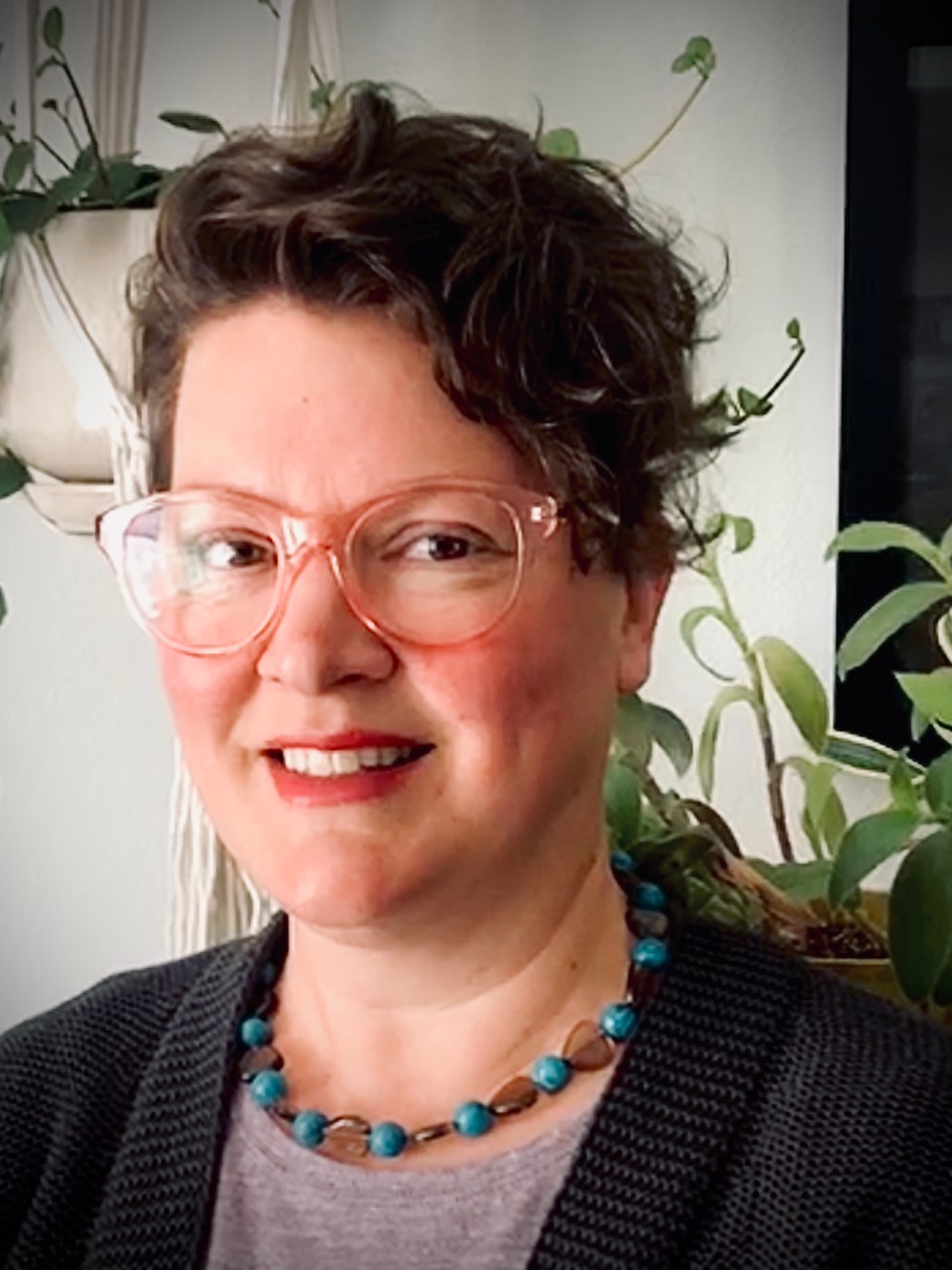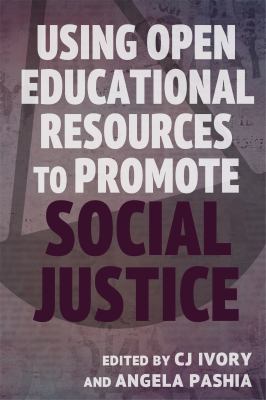
Open Educational Resources
This video “Why OER?” is licensed under CC BY by The Council of Chief State School Officers
This research guide will familiarize faculty members with Open Educational Resources (OER) and the growing OER movement within higher education. Faculty can also use this guide to identify sources of high-quality OER for use in their courses.
What are Open Educational Resources?
Open Educational Resources (OER) are learning materials that have been shared online such as textbooks, workbooks, and course modules that have been specifically labeled as free for anyone to download, customize and reuse.
Why should you consider OER?
Between 2008 and 2016 the cost of college textbooks has risen 88% (Bureau of Labor Statistics), and the College Board estimates that full-time students in 2-year colleges spent as much as $1300 per year (2015-2016) on textbooks. Struggling students and their families are increasingly forced to make hard choices about whether to purchase required course materials that they cannot afford or to attempt to pass their courses without them. Though students are the ones that have to pay for course textbooks, they have very little ability to influence the textbook market. Only faculty members have the power to determine the amount of money students will have to spend on their course materials. Interested in replacing your expensive textbooks with an OER but don't know how to get started? The library can help!
Research Help
Live Chat (available during Luria Library opening hours)
Phone: 805-730-4444
Email: library@sbcc.edu
Zoom: make an appointment
In Person: stop by the Library on the West Campus during open hours
Librarian
 Corrie Bott
Corrie Bott
she, her, hers
Email Me
Recommended Books

Using Open Educational Resources to Promote Social Justice
by C. J. Ivory (Editor); Angela Pashia (Editor)
Call Number: eBook
Publication Date: 2022
Explores the opportunities and challenges of moving the discussion about open educational
resources (OER) beyond affordability to address structural inequities found throughout
academia and scholarly publishing. OER have the potential to celebrate research done
by marginalized populations in the context of their own communities, to amplify the
voices of those who have the knowledge but have been excluded from formal prestige
networks, and to engage students as co-creators of learning content that is relevant
and respectful of their cultural contexts.